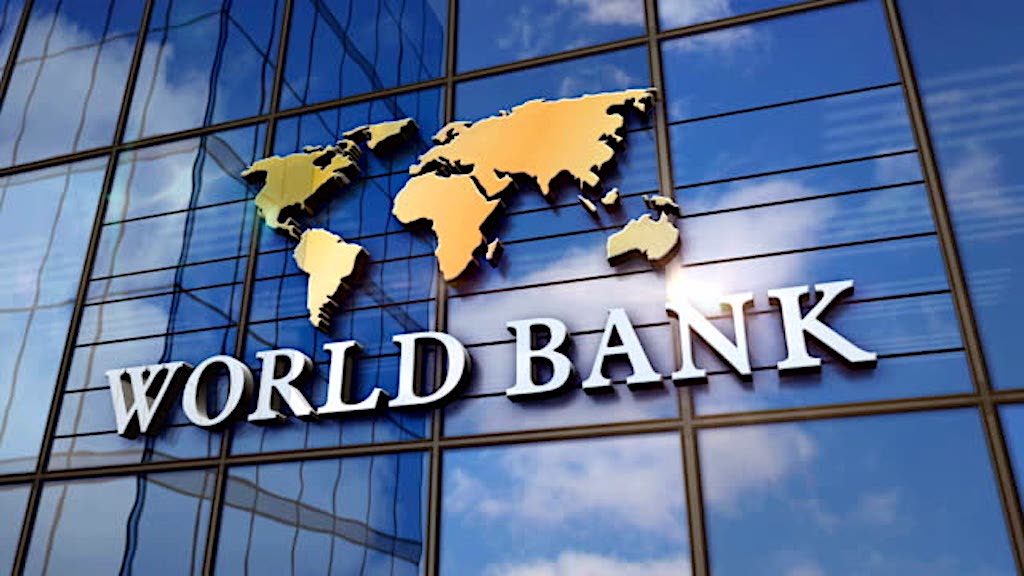By BUUMBA CHIMBULU
THE World Bank has urged African countries, including Zambia, to publicly avail binding legal procedures, the amount involved and contractual terms of the loans when incurring new borrowing.
[ihc-hide-content ihc_mb_type=”show” ihc_mb_who=”4,5,6″ ihc_mb_template=”2″ ]
According to the bank’s October 2023 Africa’s pulse published, this information should be available to creditors and multilateral financial institutions, and publicly avail them through domestic platforms.
“When incurring new borrowing, governments should follow publicly disclosed, predictable, and binding legal procedures including the amount and contractual terms of the loans,” part of the statement said.
The bank emphasised that debt transparency was the foundation to reform debt management.
It indicated that evidence showed that debt transparency contributed to higher credit ratings, lower borrowing costs, and foreign direct investment inflows.
“Countries in the region need to continue adopting comprehensive debt data disclosure requirements and borrowing procedures that are transparent and participatory. This will hold decision makers accountable,” the bank said.
In 2023, according to the bank, more than half of the International Development Association eligible countries in the region were at high risk of or already in debt distress.
It stated that four countries were participating in the common framework, with Chad reaching an agreement with its creditors although without debt forgiveness.
Ghana had secured financial assurances from its official creditor committee to participate in an International Monetary Fund supported program and unlock external financing.
Zambia struck a deal to reschedule its debt with official creditors over more than 20 years with a three-year grace period where only interest payments are due.
Ghana and Zambia, however, announced this month that they had made advancements towards debt restructuring, with Zambia agreeing to sign a memorandum of understanding with its bilateral creditors.
The bank also stressed that, comparability of treatment during restructuring processes was essential to facilitate the debtor’s efforts to reach agreement with all its creditors.
“Restructuring processes should consider coordinated and simultaneous negotiations across creditors given the changing landscape of creditors for Sub-Saharan African economies and the use of net present value reduction based on commodity discount rates as the measure of comparability of treatment,” it stated.
[/ihc-hide-content]











